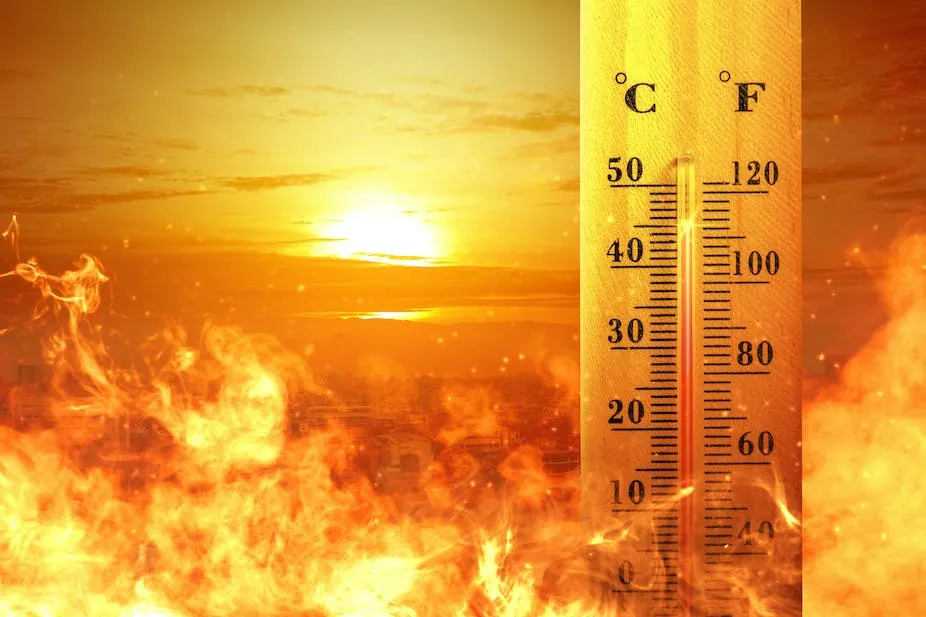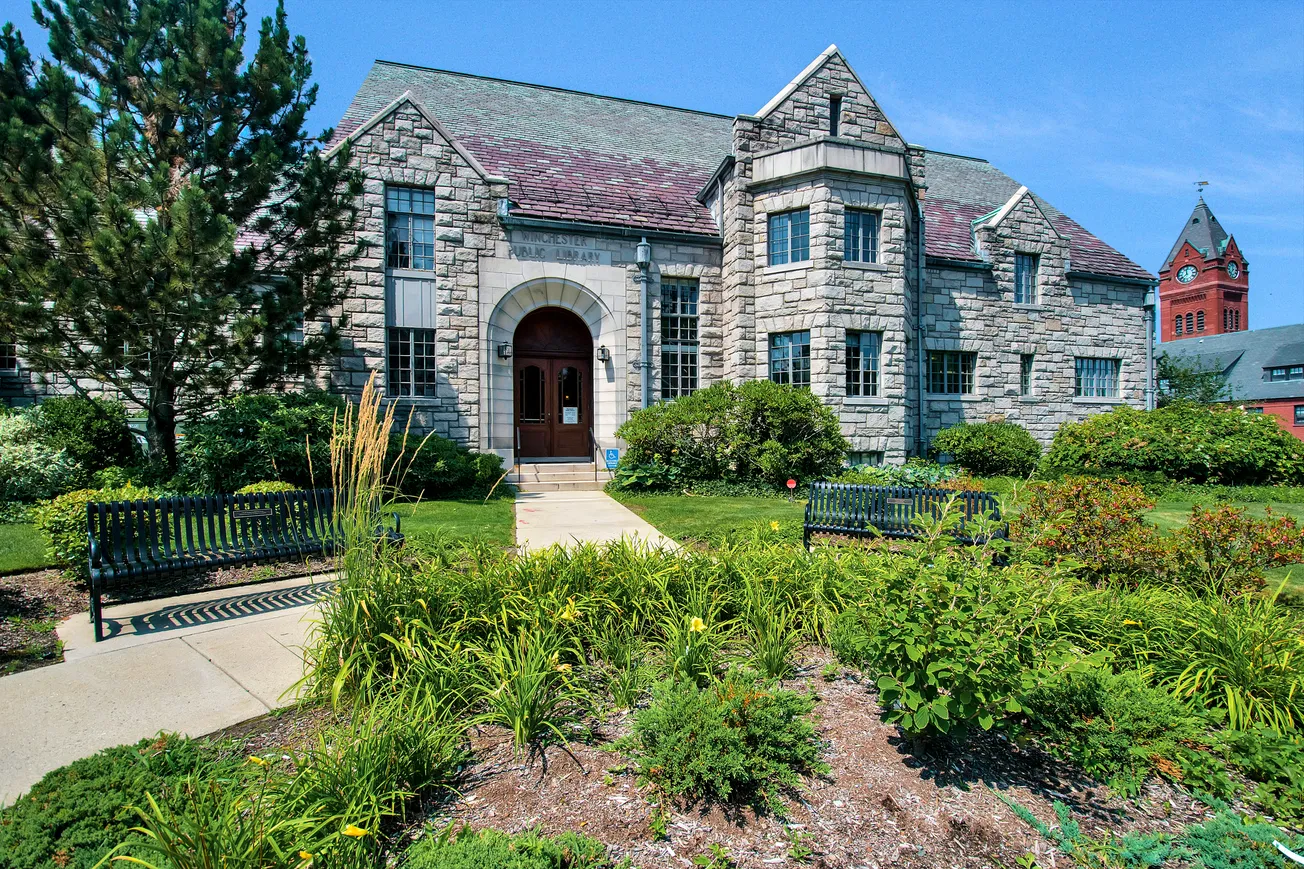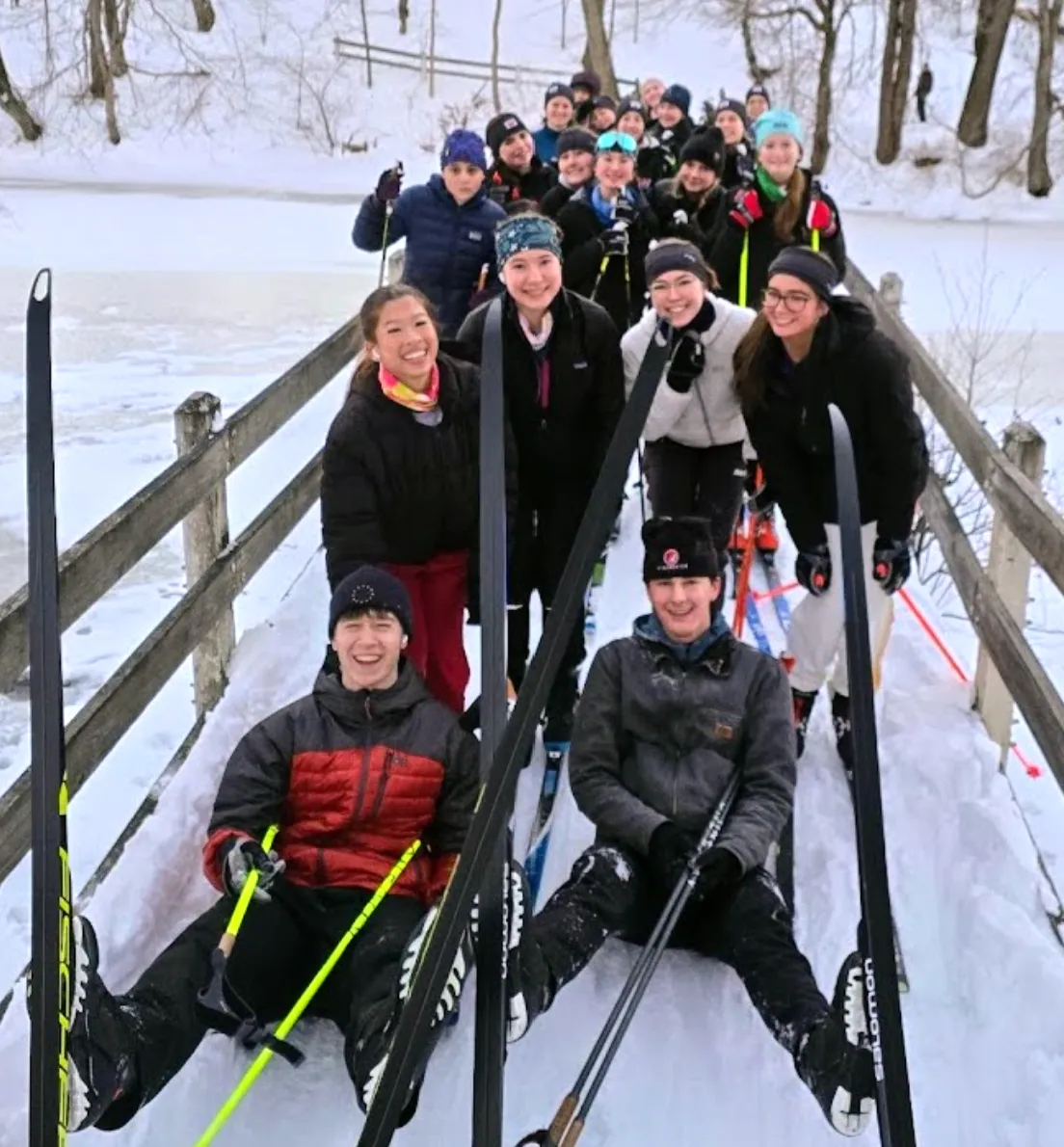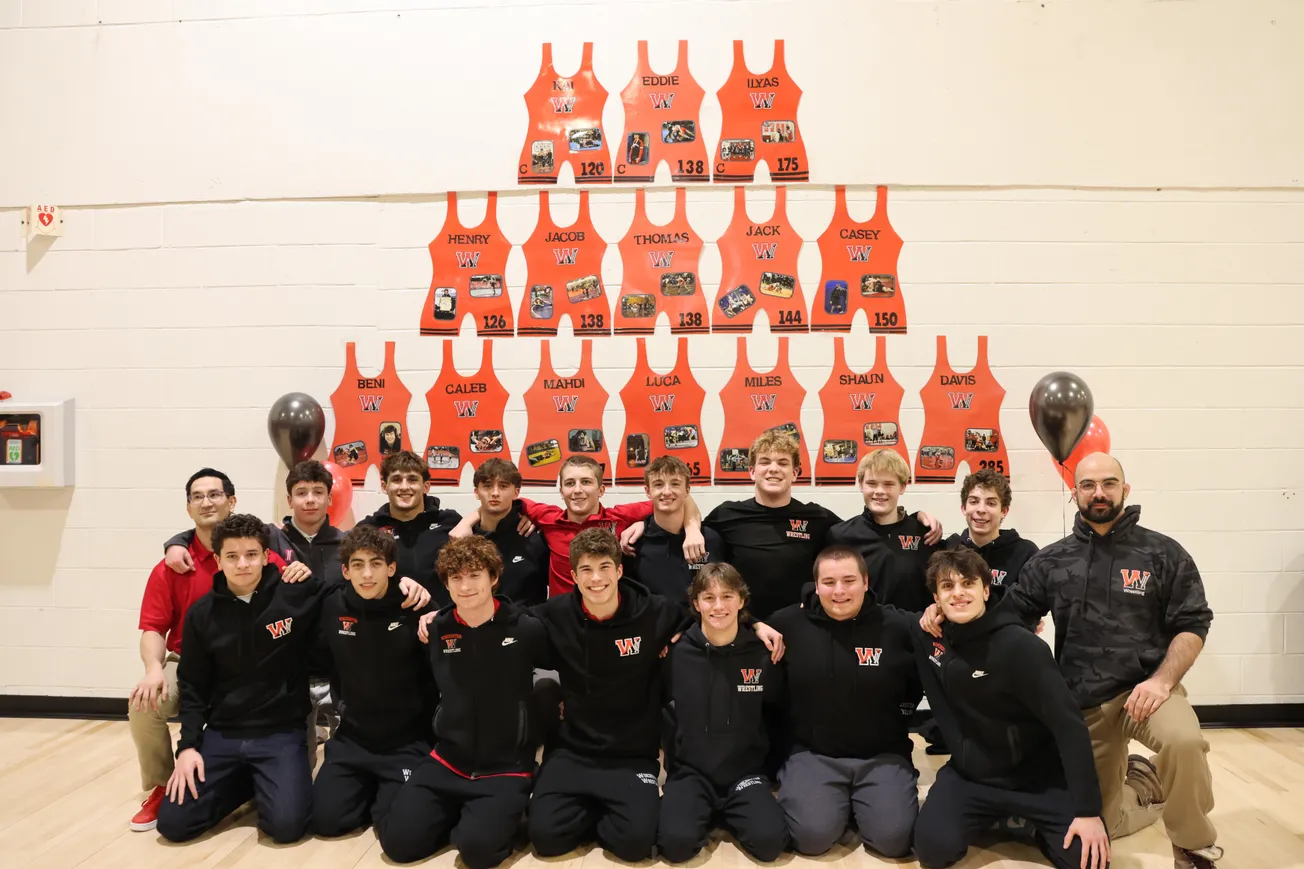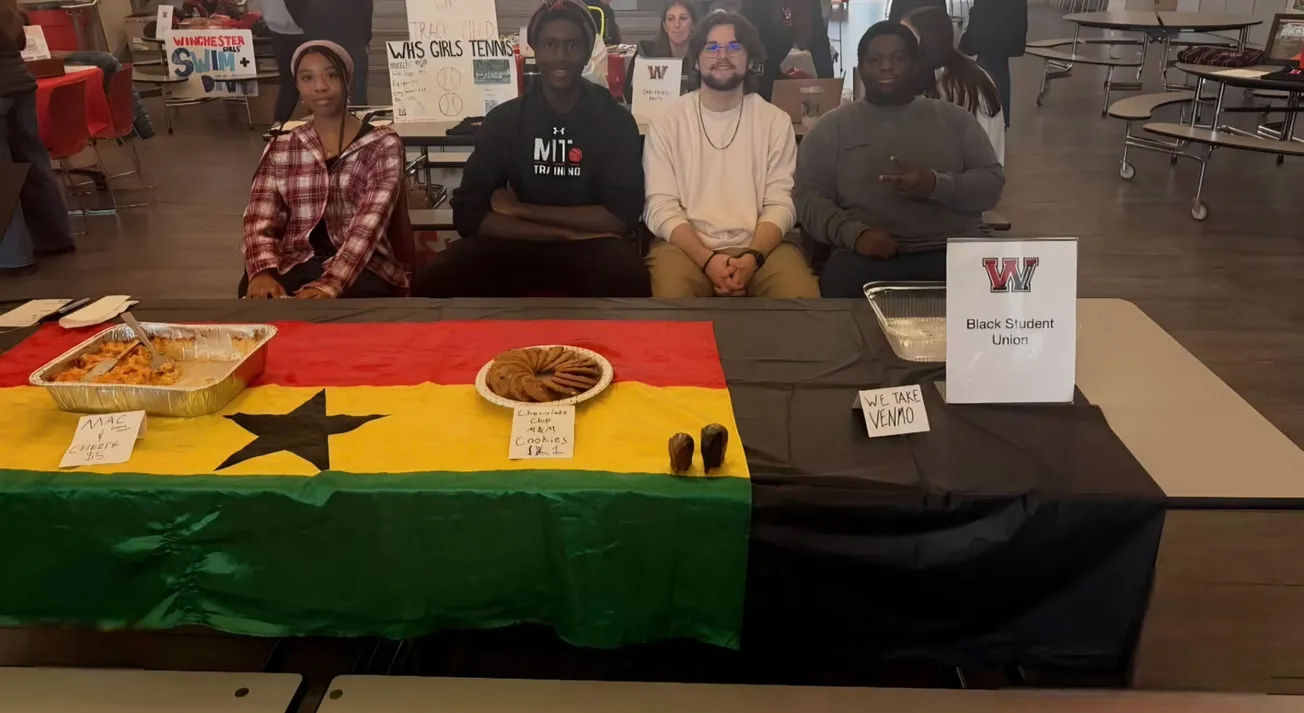Table of Contents
As the song goes, “we’re having a heat wave, a tropical heat wave, the temperature’s rising it isn’t surprising” … so be ready for it.
Temperatures could soar as high as 99-degrees by Thursday, according to the National Weather Service, which has issued heat advisories for much of Massachusetts. But what can you do in a fight against Mother Nature? Well according to Dr. Samuel Gross, chair of Emergency Medicine at Winchester Hospital, you can apply a little common sense.
“Any time we have these kinds of extreme, high temperatures we worry for folks,” he said.
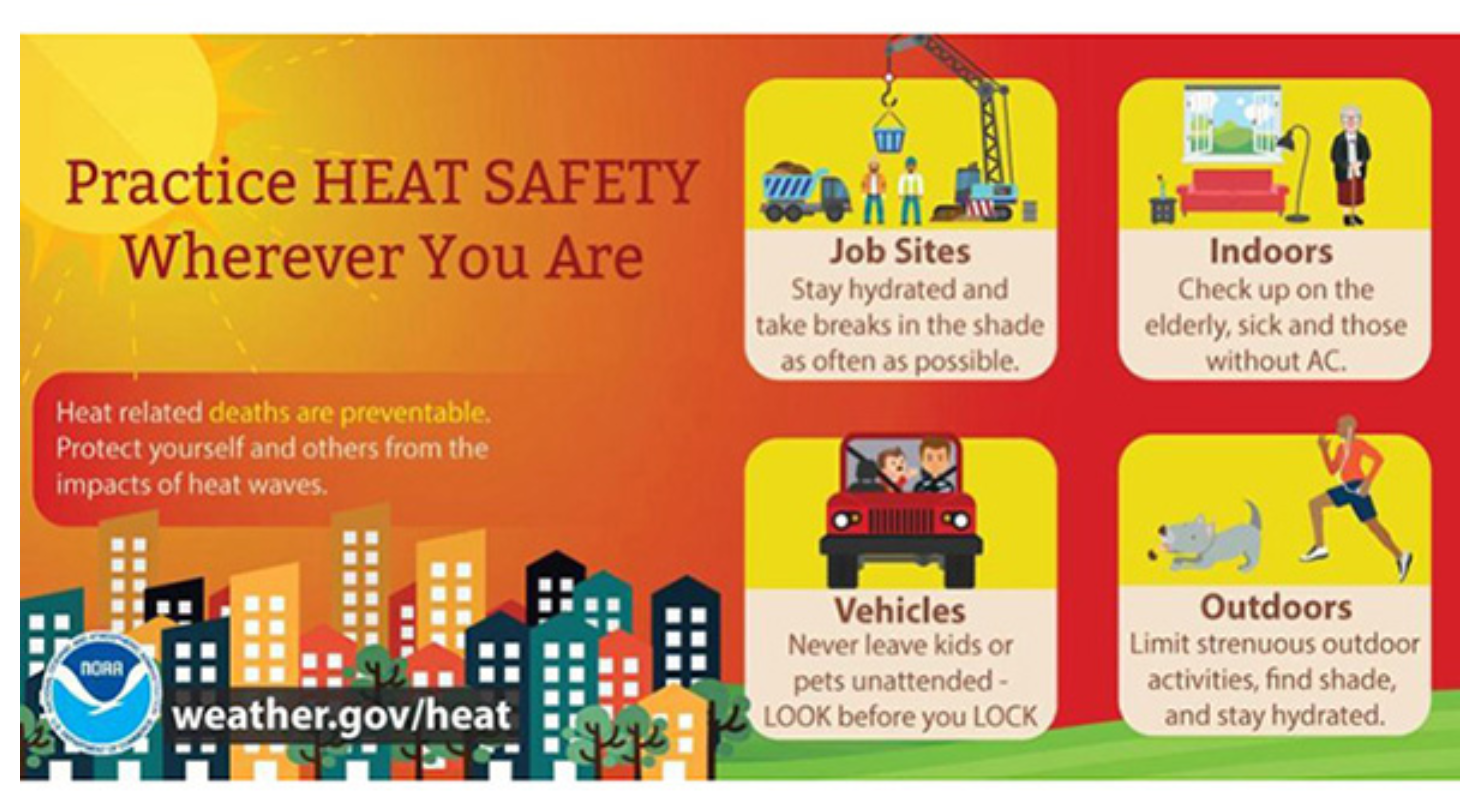
Despite the fact that our bodies have various mechanisms for cooling, when temperatures head towards the triple digits those mechanisms don’t always work so well, Gross said.
“Stay in a cool environment, stay hydrated and avoid overexertion,” he said. “Jogging in the middle of the day or doing yard work is a recipe for trouble.”
Signs of distress
Those that do work outside regularly like landscapers, construction workers and others, tend to know how to regulate, Gross said.
“They take breaks, drink a lot and get somewhere cool,” he said.
But if you’re not careful you could end up with heat cramps, heat exhaustion or worse heat stroke.
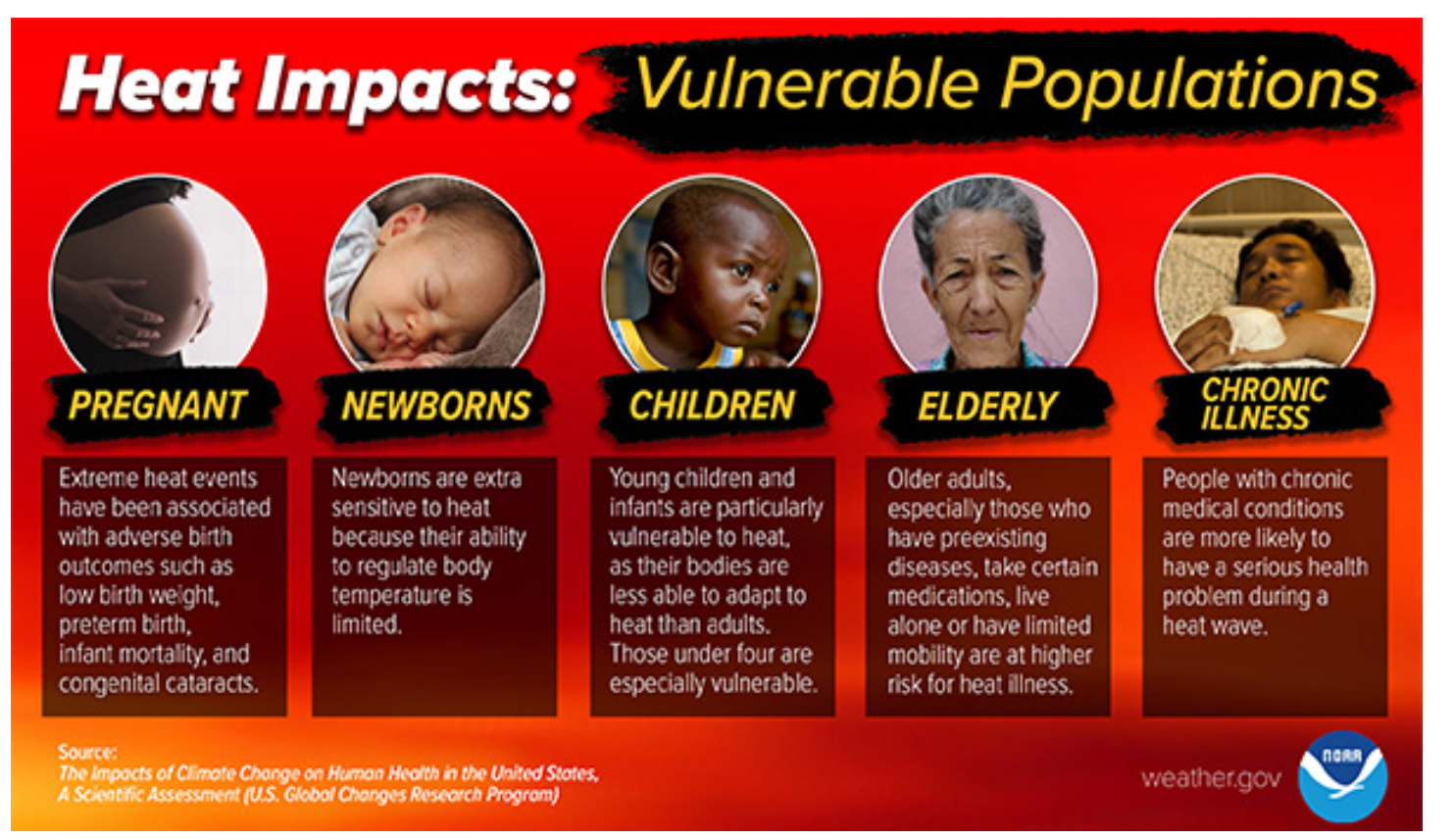
Heat Cramps: Signs are muscle pains or spasms in arms, legs or stomach. If you experience this, go to a cooler location, remove excess clothing and take small sips of water or a sports drink. If symptoms last more than an hour, call the doctor.
Heat Exhaustion: Gross said heat exhaustion will hit prior to heat stroke. Signs to look out for include a temperature of 100-104 degrees, sweating, paleness, muscle cramps, lightheadedness and/or vomiting.
If you reach that point “try everything you can to cool off,” he said.
As with heat cramps, get yourself into a cooler location, hydrate, use a fan, water or cool cloths on your head, neck or chest. Running cool water on your wrists also helps. And if symptoms persist, get yourself to the doctor.
Heat Stroke: This happens when your body temperature reaches 105-degrees or greater.
“And it can be quite dangerous,” Gross said.
Other signs include losing the ability to sweat resulting in red, dry, hot skin, rapid pulse, dizziness and confusion. Seniors tend to have a high risk for heat stroke, Gross said.
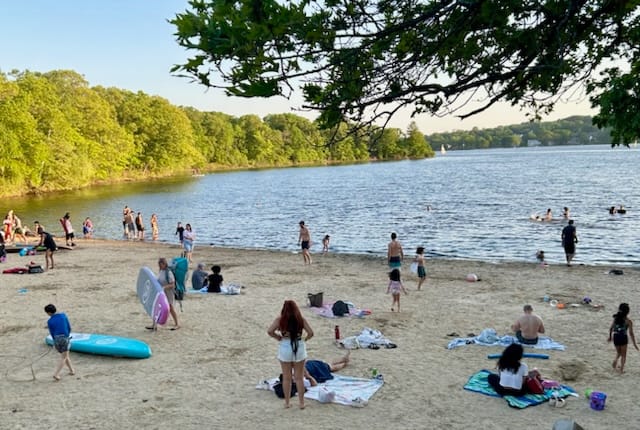
How to fight it: “If you’re getting dizzy or throwing up, get damp towels for your head and chest,” Gross said. “And if you can go into an air-conditioned space.”
And call 911.
If a person does end up in the emergency room, Gross said they will sometimes administer IV fluids, and monitor them until they feel better.
Beat the heat at the beach
When temperatures soar it’s tempting to head to the beach to cool off, but that can be dangerous as well.
“Obviously use sunscreen,” Gross said, “and an umbrella can go a long way, too.”
Give yourself a break
But rather than risking heat exhaustion or heat stroke, just simply give yourself a break.
“The gardening can wait until evening or do it in the early morning, when it’s cooler,” Gross said. “It’s also a good time to go see a movie in the middle of the day, in terms of having a cool place to be.”

If you don’t have air conditioning, the Health Department suggested residents head to the Winchester Public Library, which is open 9:30 a.m. to 9 p.m. Wednesday and Thursday and 9:30 a.m. to 5:30 p.m. Friday, or the Jenks Center, which is open 9 a.m. - 4 p.m. Monday through Friday.
“It’s good for folks that don’t have air conditioning or an easy way to cool off,” Gross said.
Winchester News is a non-profit organization supported by our community. If you appreciate having local Winchester news, please donate to support our work, and subscribe to our weekly newsletter.

